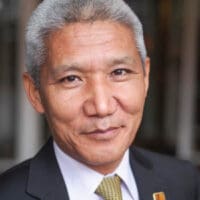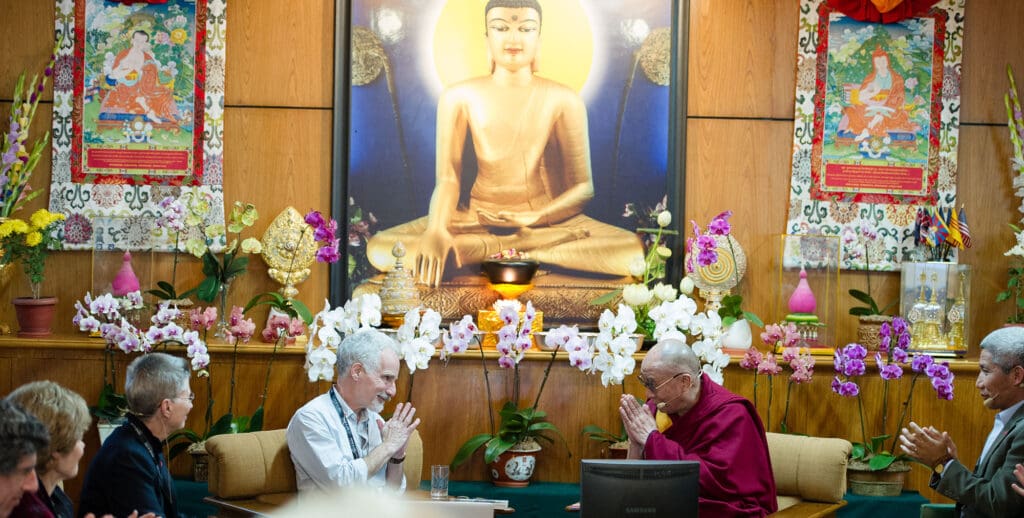Filmed during Mind & Life Institute’s “Mind & Life XXVII: Craving, Desire and Addiction” on October 28, 2013.
Day One: The Problem of Craving and Addiction
The program begins with introductory remarks by former Mind and Life President Arthur Zajonc, as well as His Holiness the Dalai Lama. Moderators Richard Davidson and Diana Chapman Walsh then speak on the broad topic of the impact of craving and addiction, setting it in context in various societies across the globe. In the afternoon, the program’s first official presentation focuses on a unique first-person account of the experience of craving, desire, and addiction by neuroscientist and former addict Marc Lewis. In his talk, he draws upon his own subjective experience of these phenomena in relation to what is known about the neuroscience of reward and addiction, and makes connections to psychological and Buddhist views of the cycle of desire and craving.
The Role of Craving in the Cycle of Addictive Behavior
SPEAKER: Marc Lewis
Lewis begins by describing a typical episode of pursuing and taking drugs based on his own experience of addiction during his 20s. This vignette demonstrates how thoughts about drugs and feelings of craving grow together in a person’s mind, until he or she finally gives in. Then comes the loss and despair, and the cycle repeats itself. According to psychological theory, the attraction to the cycle of craving and the use of drugs increases over months and years. According to neuroscience, brain events follow a similar cycle, from perceptual triggers to the activation of motivational, cognitive, and behavioral systems, though structural changes in the brain emerge over longer periods. The universality and momentum of the addiction cycle stem largely from the action of dopamine, a neurochemical that narrows attention to immediate rewards and intensifies the desire to attain them. Focused desire—or craving—is also a key element in Buddhist models of suffering. Buddhist views map onto the neuropsychology of addiction surprisingly well: Craving and grasping lead to action, loss, and despair in a cycle that recurs time and time again. As drug use increasingly affects the brain, it becomes very difficult for addicts to look beyond the immediate goal and see the larger picture of their lives. To get out of this trap, addicts have to learn to trust in themselves rather than in drugs or alcohol. The presentation ends by considering the usefulness of making contact with a “higher self” that enables self-forgiveness and compassion, and weakens the intense attraction of immediate goals.
INTERPRETER: Thupten Jinpa
PANELISTS:
His Holiness the 14th Dalai Lama
Kent Berridge
Sarah Bowen
Richard J. Davidson
Wendy Farley
Vibeke Asmussen Frank
Roshi Joan Halifax
Matthieu Ricard
Nora Volkow
Diana Chapman Walsh
Arthur Zajonc
Participants

Richard J. Davidson, PhD
William James and Vilas Research Professor of Psychology and Psychiatry and Founder & Director of the Center for Healthy Minds, University of Wisconsin-Madison. Founder and Chief Visionary for Healthy Minds Innovations, Inc.

Diana Chapman Walsh, PhD
Wellesley College

Arthur Zajonc, PhD
Mind & Life Institute

Thupten Jinpa, PhD
Board Chair, Mind & Life Institute



